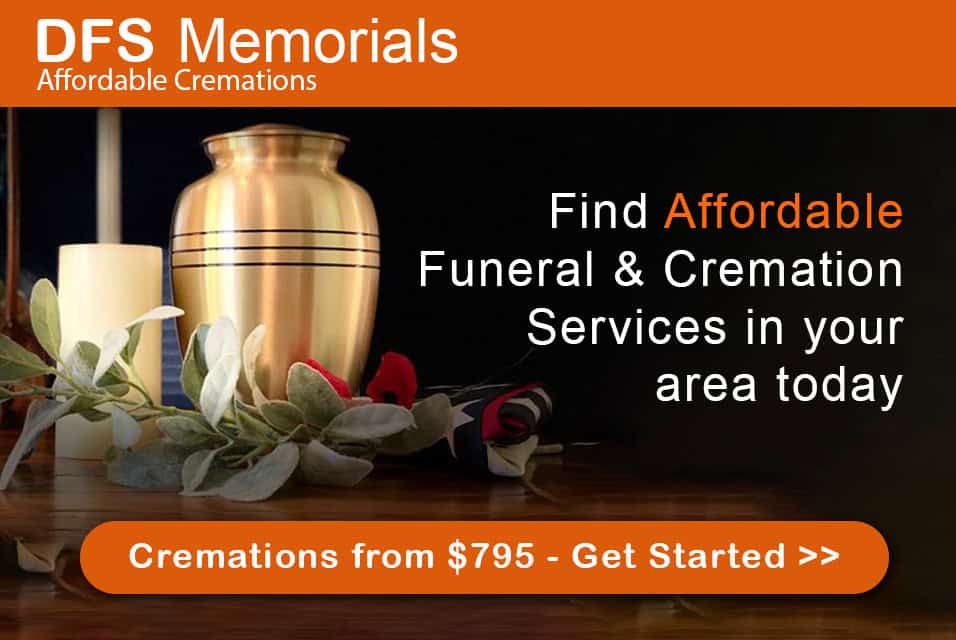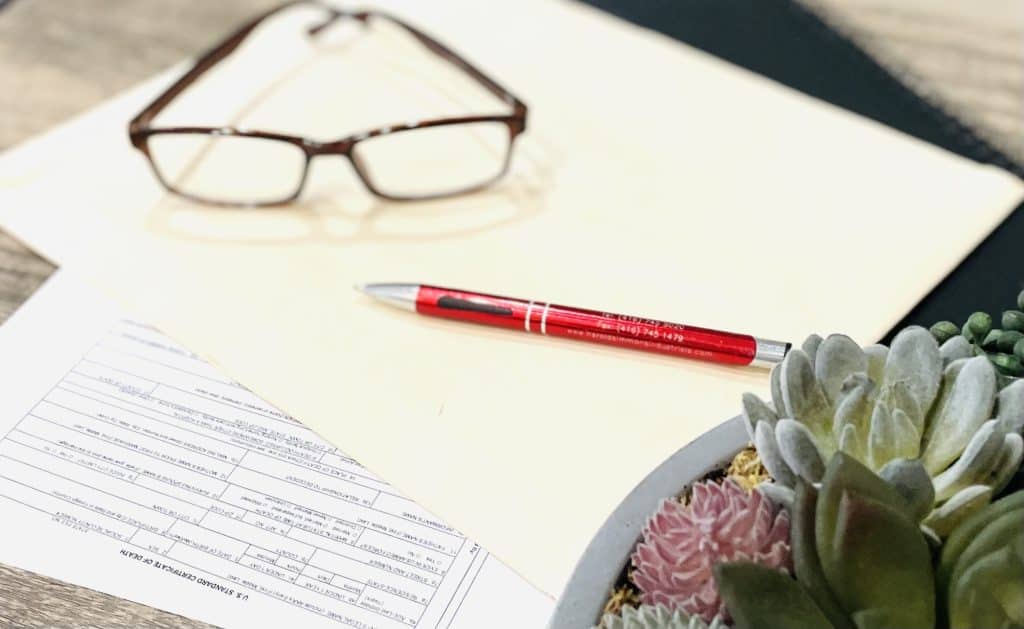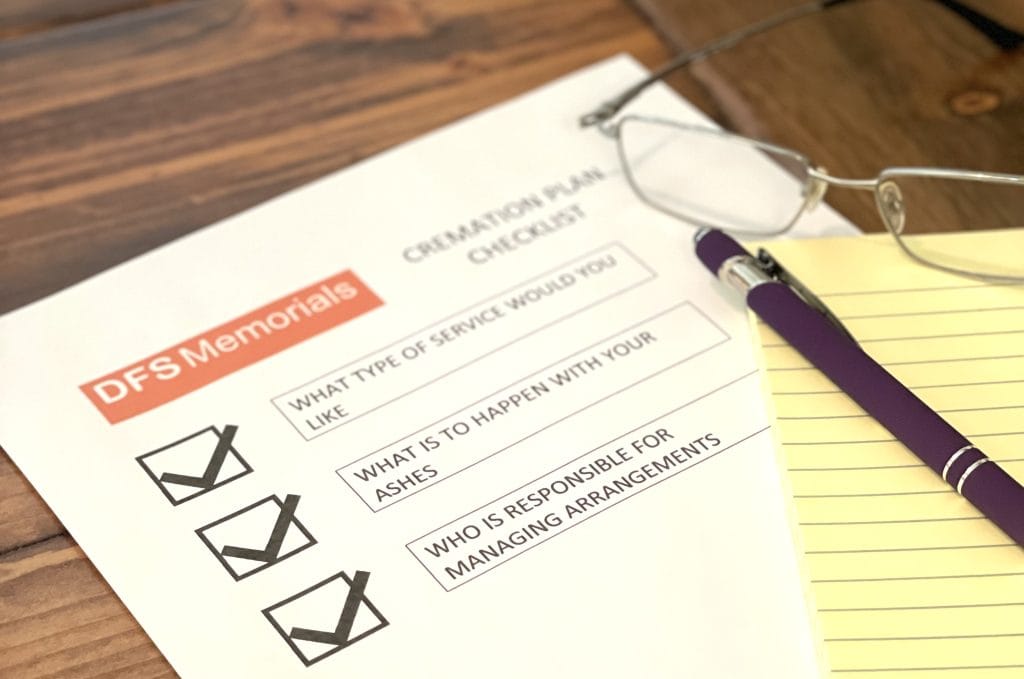
This is becoming an increasing dilemma today, with funeral trust funds not consistently delivering and the economy in such a dire state that many feel the effects. Today, more families are finding themselves dealing with something near a crisis when a family member dies without a funeral plan or any money to pay for a funeral. So we are often asked what is the best and safest way to secure funds to pay for my funeral.
Prepaying with a funeral pre-need contract
The funeral industry has been selling pre-need funeral contracts for many years. While a preneed contract can appear to secure your funeral needs and seem to provide an opportunity to ‘lock in’ to current funeral prices, there are still risks with a funeral plan.
Legislation and licensing govern preneed funeral plans, but this varies state by state, affecting how monies are refundable or transferable.
If you are pre-paying because you are required to have a funeral plan to qualify for nursing home care, then this is the way to go. Many nursing homes now require a patient to have a funeral plan before they will admit them. Up to $6,000 in a funeral plan is discounted if you are assessed for Medicaid at a later date.
Laying aside the money in a Payable on Death (POD) account

This is a safe and reliable way to ensure your family has the funds to pay for funeral expenses. The best way to alleviate some of the stress for your surviving family is to discuss with them your funeral wishes and put some money aside in a payable-on-death account.
A payable on death (POD) account means that you name a beneficiary in the family who can immediately access these funds. Your family will not have to wait for probate.
A payable-on-death account is also known as a Totten Trust (ITF), Transfer on Death (TOD), or Revocable Pay on Death (POD).
How do I set up a POD account for a cremation plan?
Visit the DFS Memorials website to locate your nearest affordable direct cremation provider, their cremation price today, and contact details. These can all be recorded with your POD documents. This will also enable you to deposit a sufficient amount to cover the costs of your funeral or cremation plan.
DFS MEMORIALS – FIND A LOCAL PROVIDER
You must arrange to visit your bank or the bank you selected to open a POD account. You can also arrange to make a certificate of deposit (CD) sufficient to cover your proposed funeral expenses. You may also wish to place some extra funds in the account to assist the family with covering any other expenses.
You must provide the necessary ID and name the beneficiary (or beneficiaries) who may access the funds. It is usually advisable to name more than one beneficiary.
What needs to be done to keep the account in good standing?
Each state has its own rules about the activity on a POD account and the frequency of any withdrawals or deposits. You should carefully check the rules with your bank to ensure the account does not fall into a dormant state. It can be challenging to restore a dormant account.
There should be no dormancy rules with a CD account. You will need to pay any taxes associated with the account, although these should be minimal, and you will receive any interest accrued.
You may wish to revisit your funeral preferences occasionally to ensure that the funds you have put aside will still adequately cover your requirements.
DFS MEMORIALS – FIND A LOCAL PROVIDER

Who should be named as a beneficiary for a P.O.D. account?
It is wise to name someone in your family whom you trust to administer the account. You may wish to name the executor of your will, a power of attorney, or even a health care agent. It is recommended NOT to name your funeral director as a beneficiary.
Some banks allow you to name two beneficiaries, which can be a good idea. Any funds are split 50/50. It can be advisable to ensure that more than one person can access the funds. This can also be a backup strategy in case one person is unable to act or dies.
How do I ensure that my family knows about my POD account and my funeral plans?

Once you have set everything up, you need to communicate what you have done to your family, attorney, and executor of your will. It is no good having been so careful and set these plans if your family does not find out about them until too late.
It is not uncommon for us to hear about families who have already arranged a funeral and even laid out monies before they discover that the deceased had a plan/fund in place.
Talk to your family and tell them what you have organized. Write down your funeral wishes and information about your POD account. Keep it safe but somewhere where your family can easily access it when the need arises. If you have a will, ensure the details of the money you have set aside for your funeral are clearly detailed.
Taking the time to prepare your affairs, decide upon your funeral preferences, and set aside the funds can significantly save surviving families from the emotional and financial burden.
Eliminating much of the difficult decision-making process can help families get through those first days following a death. Having funds set aside that they can immediately access can make arranging a funeral so much less stressful.

